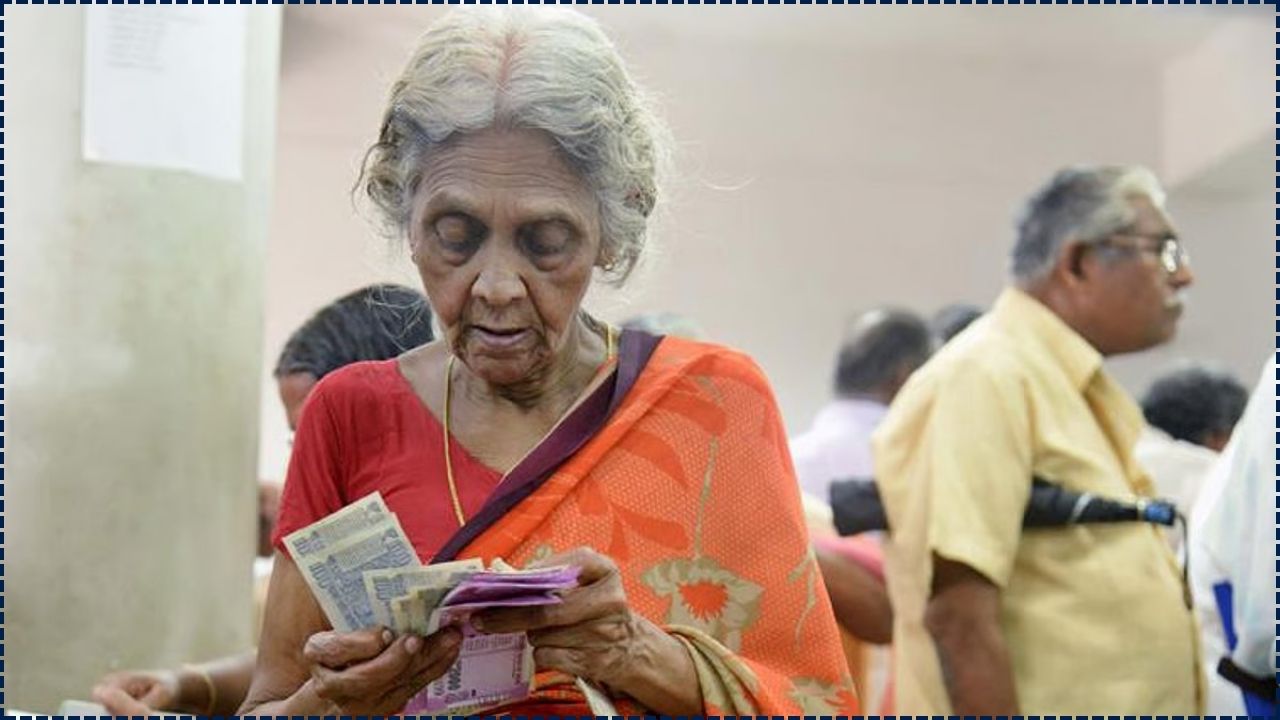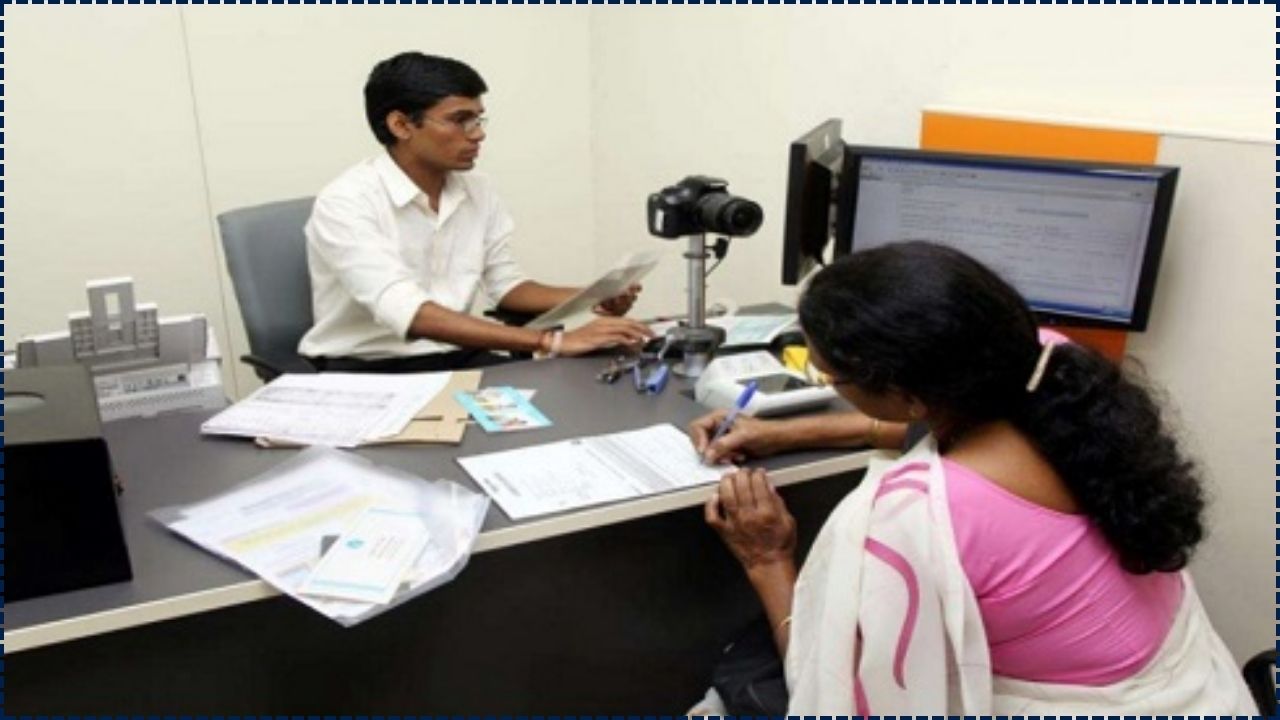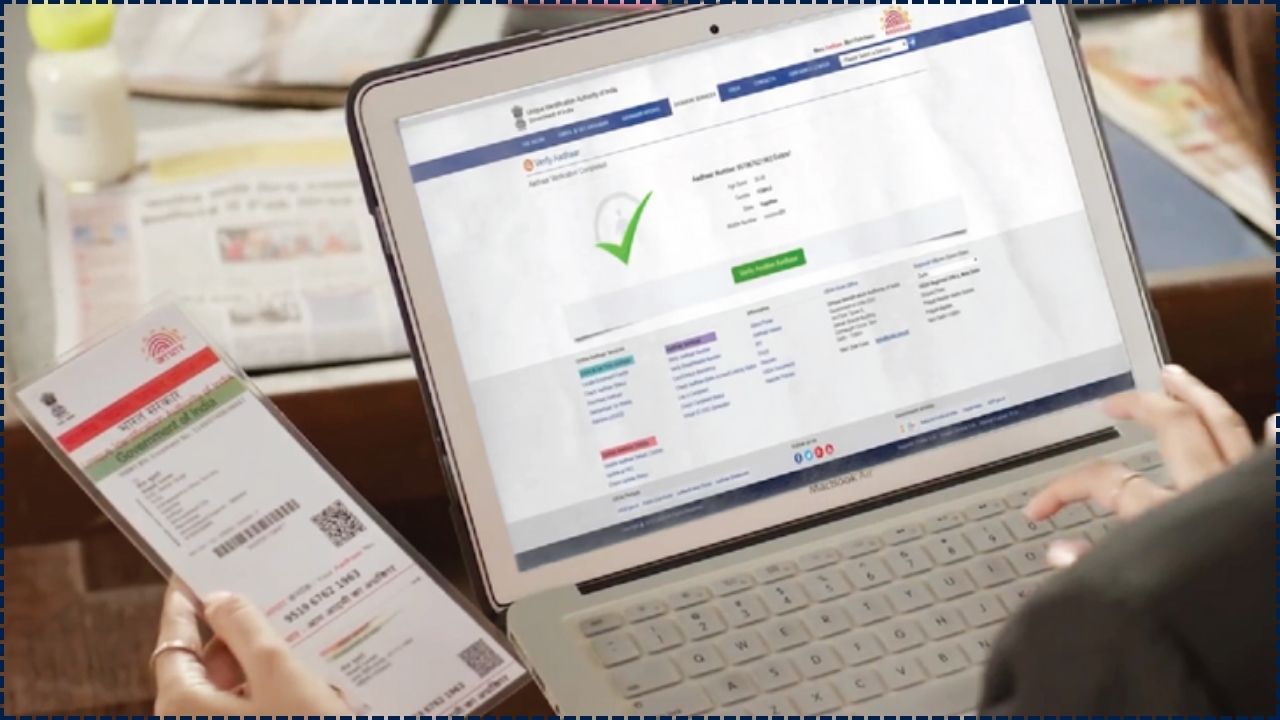India’s journey toward decentralization embodies a heartfelt vision to empower communities by giving them a voice in their own governance, with inspiring successes like Kerala showcasing the transformative potential of local empowerment, yet persistent challenges such as weak finances, political interference, and administrative gaps call for unwavering commitment to reform.

By addressing these hurdles with compassion and resolve, India can ensure that decentralization uplifts every citizen, particularly those in marginalized regions, fostering equity, dignity, and opportunity.
This shared mission unites communities, leaders, and policymakers in a collective effort to strengthen local governance, ensuring that consistent reforms and political will create a future where every community thrives with autonomy and hope.
Decentralization and local governance were introduced in India to empower communities and strengthen democratic participation. Yet, decades after constitutional reforms, the system shows mixed results—balancing achievements in inclusive decision-making with persistent weaknesses in finances, authority, and accountability.
The Constitutional Vision Behind Local Governance
The 73rd and 74th Constitutional Amendments of 1992 provided constitutional status to Panchayati Raj Institutions (PRIs) and Urban Local Bodies (ULBs). These reforms aimed to decentralize power, institutionalize grassroots democracy, and promote accountability.
The amendments mandated regular elections, financial devolution, and reservations for women and disadvantaged groups. Scholars argue this was a landmark in India’s democratic deepening, intended to make development people-centric rather than bureaucrat-driven.
Empowerment Through Decentralization
Inclusive Participation
In states like Kerala, fiscal decentralization allocated nearly 35–40% of the state budget to local bodies. This enabled participatory planning and targeted social investments, raising health and literacy indicators.
Grassroots Innovations
Initiatives like Gram Panchayat Help Desks in Jharkhand have bridged gaps in service delivery. By helping citizens access entitlements directly, these desks reduced dependency on intermediaries and increased transparency in governance.
Challenges Facing Local Governance
The Three “Fs”: Funds, Functions, and Functionaries
A recurring critique is the lack of adequate funds, functional autonomy, and trained personnel. Without these, many local governments operate with limited capacity despite constitutional backing.
Political Interference
Analysts highlight the growing political manipulation of local institutions. For example, elected women representatives often face the “pradhan pati” phenomenon, where male relatives informally exercise power in their place.
Administrative Weakness
In several states, governance gaps are worsened by delayed local body elections, leading to interim administrators running councils without direct accountability to the electorate.
Related Links
Demystifying Aadhaar: What Every Citizen Needs to Know About Their Unique ID
The UMANG App: A One-stop Solution for Accessing Government Services
How to Use DigiLocker to Access and Manage your Official Documents
Case Studies: Success and Stagnation
Kerala: A Model of Participatory Decentralization
Kerala’s People’s Campaign for Decentralized Planning demonstrates how strong fiscal devolution, trained staff, and community participation can yield inclusive outcomes in public services.
Telangana: Governance Gaps from Delayed Elections
In contrast, Telangana’s postponed municipal elections created governance vacuums, prompting concerns from a parliamentary committee about weakened development and accountability.
Expert Perspectives
“Decentralization holds transformative potential, but only if it is backed with genuine fiscal and administrative autonomy,” said Dr. Niraja Gopal Jayal, a political scientist at Jawaharlal Nehru University. “Otherwise, it risks becoming symbolic rather than substantive.”
The World Bank similarly observed that strong local governance correlates with improved delivery in sectors such as sanitation, primary healthcare, and rural infrastructure—but outcomes remain inconsistent across states.
The Path Forward
Analysts suggest three urgent reforms:
- Enhanced fiscal transfers to empower local bodies.
- Capacity building and training of local representatives.
- Stronger accountability mechanisms, including digital monitoring and citizen audits.
These steps could ensure that decentralization is not merely a constitutional ideal but a practical instrument of empowerment.
















